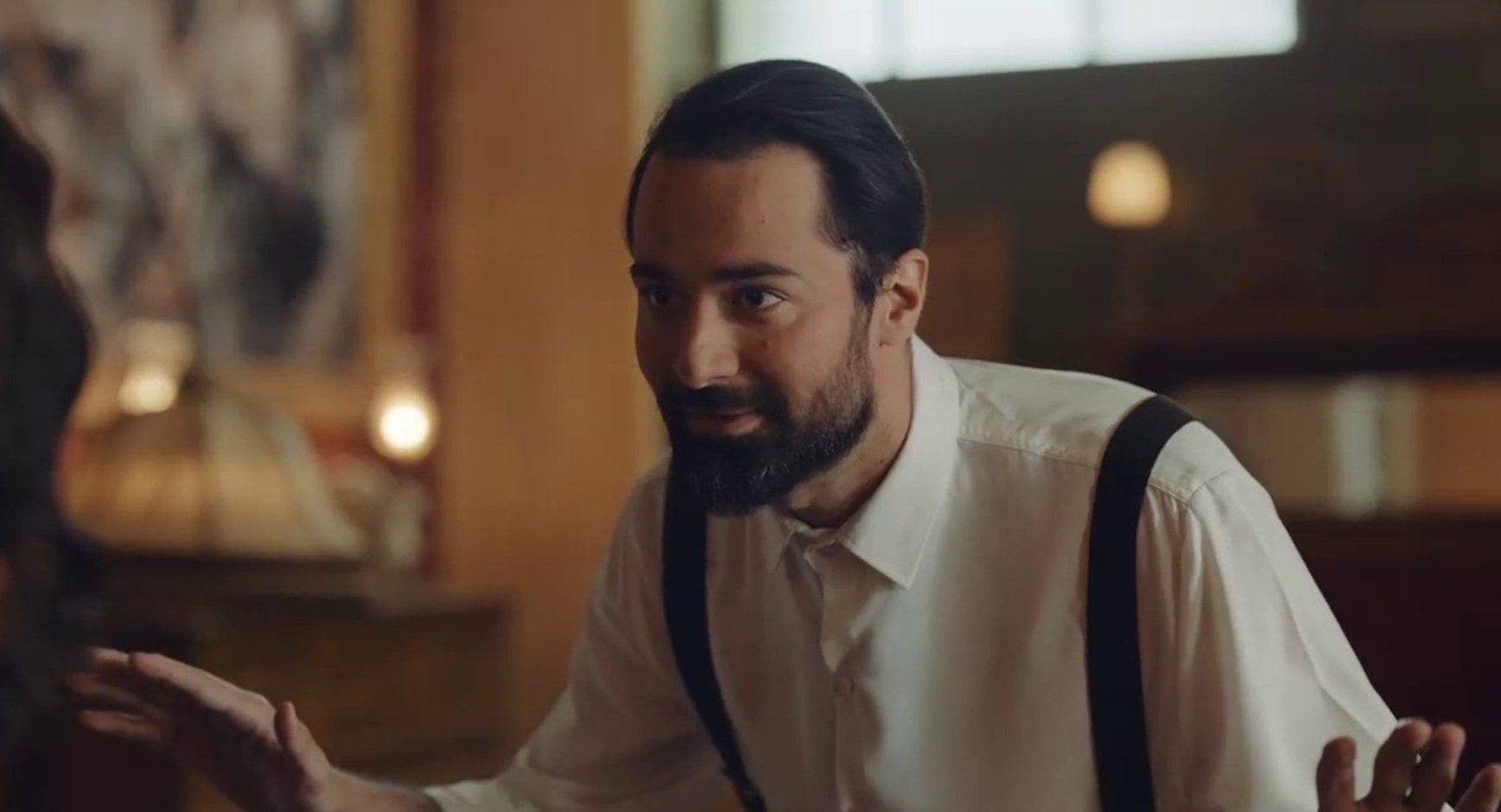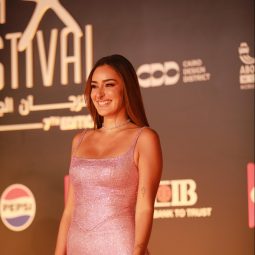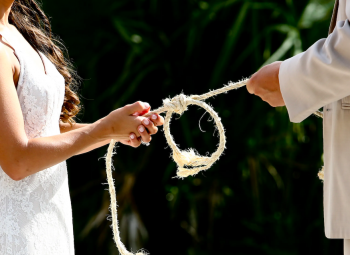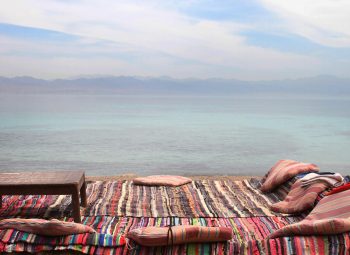When we think of Egyptian cinema and television, genres like comedy and drama often come to mind first. However, period pieces have carved out a niche for themselves, offering a captivating blend of history, culture, and fashion, especially in the past years when audiences have increasingly gravitated towards these shows set in bygone eras.
This shift has sparked curiosity and debate over why viewers are so drawn to these historical narratives. Is it nostalgia for a perceived simpler time, a form of escapism from the present, or a fascination with how life was lived in the past?
Here are some of the best Egyptian period pieces:
Omar Effendi
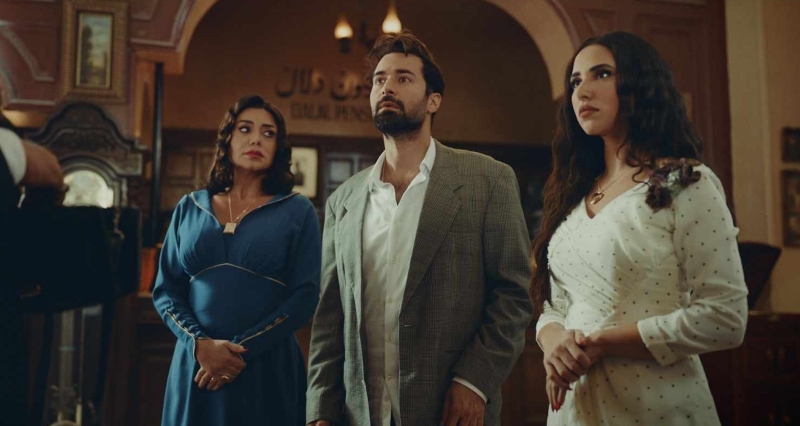
Omar Effendi, starring Ahmed Hatem, has captured viewers' imagination with its unique narrative that spans two time periods. The series begins in the present day before plunging into the 1940s, where Omar embarks on a journey through time. The story is enriched with light comedy, as Omar interacts with characters from the past, including Zizi, a dancer played by Aya Samah, and Dalal, portrayed by Rania Youssef. The show's blend of romance, humour, and historical intrigue has made it a hit, with many praising its fresh take on time travel and historical fiction.
Afrah El Qoba
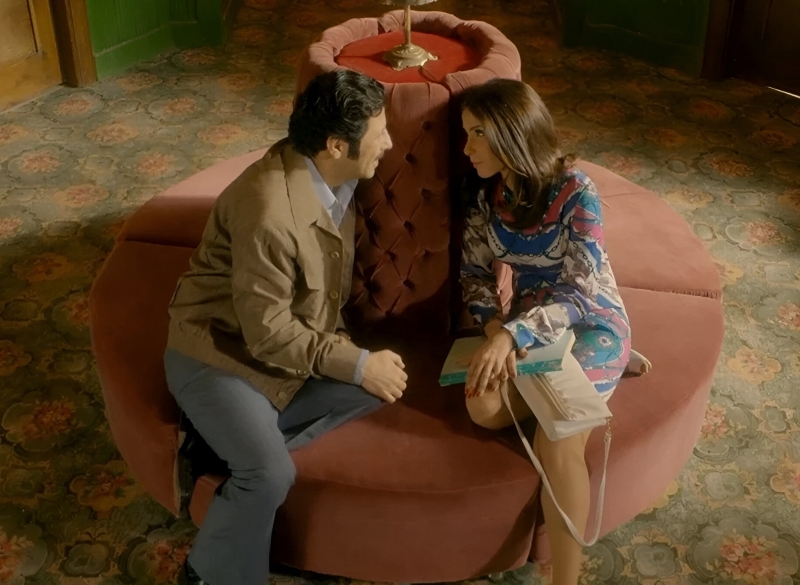
Based on Naguib Mahfouz's novel, the show takes viewers deep into the world of 1970s Egyptian theatre. Directed by Mohammed Yassin, it explores the boundaries between fiction and reality through the eyes of a writer who accidentally revealed his own dark secrets on stage. With a star-studded cast including Mona Zaki, Gamal Soliman, and Eyad Nassar, the show is not just a visual feast but also a profound psychological drama.
Aho Da Elly Sar
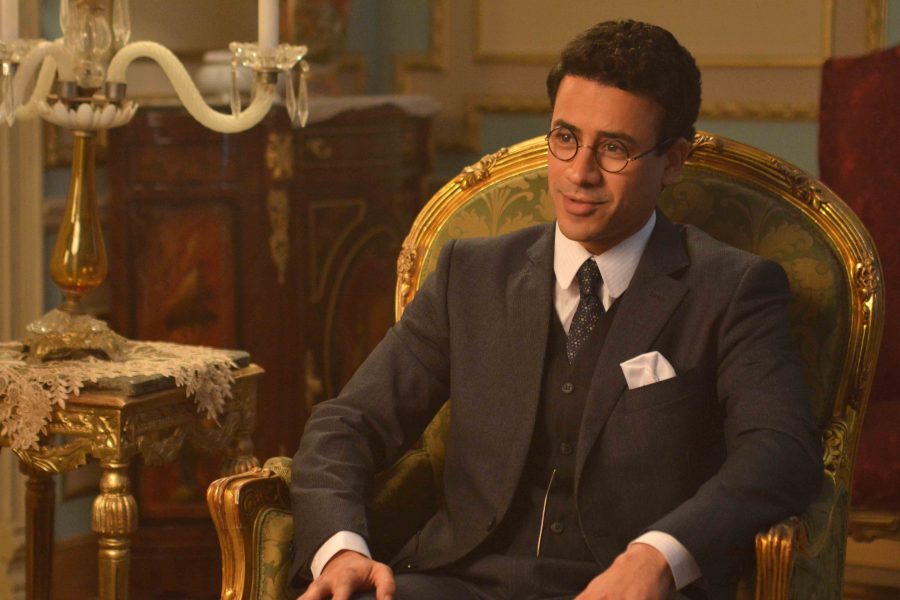
Aho Da Elly Sar is a romantic drama that weaves together two timelines, highlighting the enduring nature of love and memory. The series stars Ruby, Ahmed Dawood, and Mohamed Farag, and it tells the story of a man trying to save his ancestral home from demolition. Through his tales of past love stories, the series takes viewers back a hundred years, painting a vivid picture of life in earlier times. The show's meticulous attention to period detail, from the dialogue to the set design, has made it a modern classic.
Wahet El Ghoroob
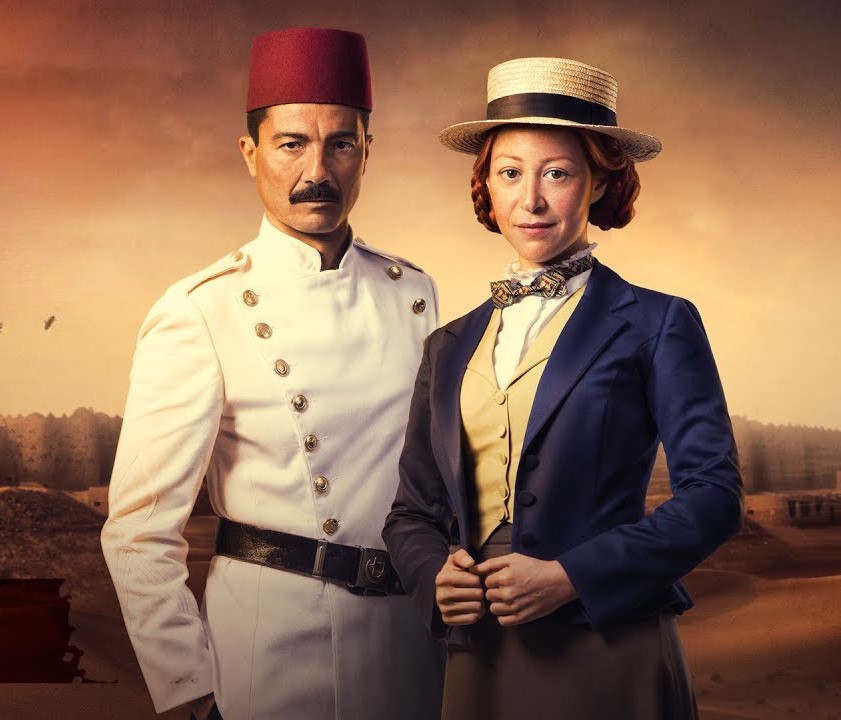
Set in the 1880s, Wahet El Ghoroob is based on Bahaa Taher's novel. The series explores life in Egypt following the Urabi revolt, focusing on the diverse cultural landscape of the Siwa Oasis. With characters from different parts of the world, including Ireland and Egypt, the show brings to light the cosmopolitan nature of the country at the time. Khaled El Nabawi plays a soldier in exile, navigating the complexities of life in this remote region.
Hawadeet El Champs-Elysees
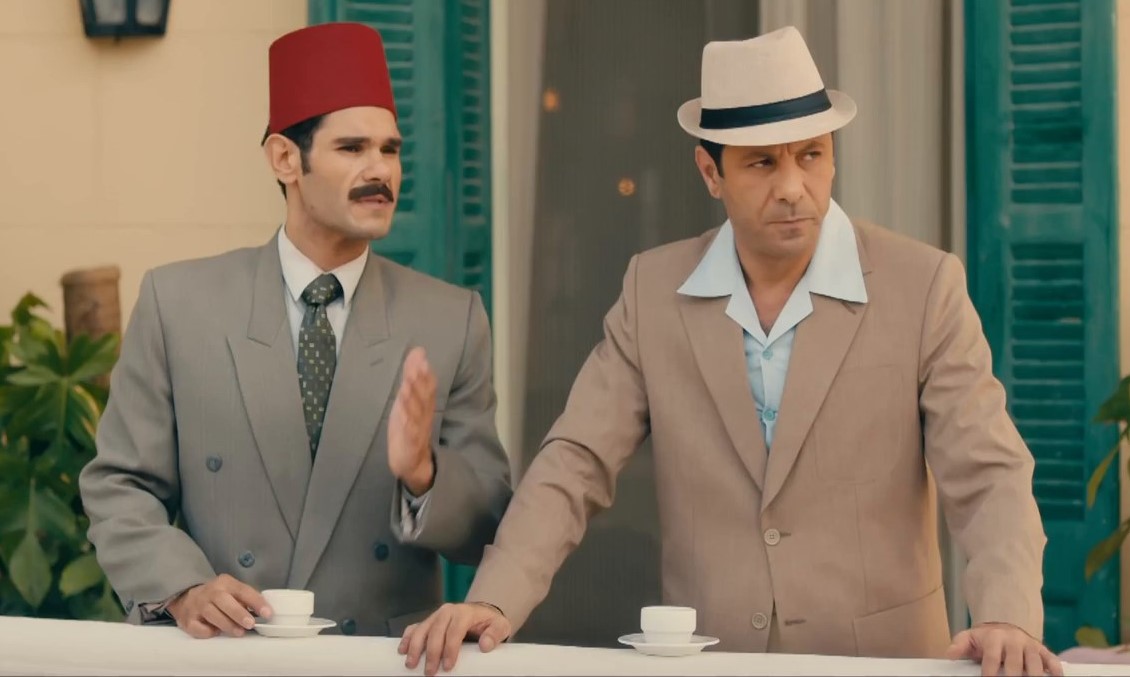
Hawadeet El Champs-Elysees is a murder mystery set against the backdrop of Cairo's glamorous Champs-Elysees district in the 1950s. The series begins with a flashback to a past murder and then dives into a web of relationships to uncover the identity of the killer. While the plot may not be groundbreaking, the fashion certainly is. The vibrant gowns and luxurious accessories worn by the characters are a highlight, offering viewers a taste of high society in that era.
Saraya Abdeen
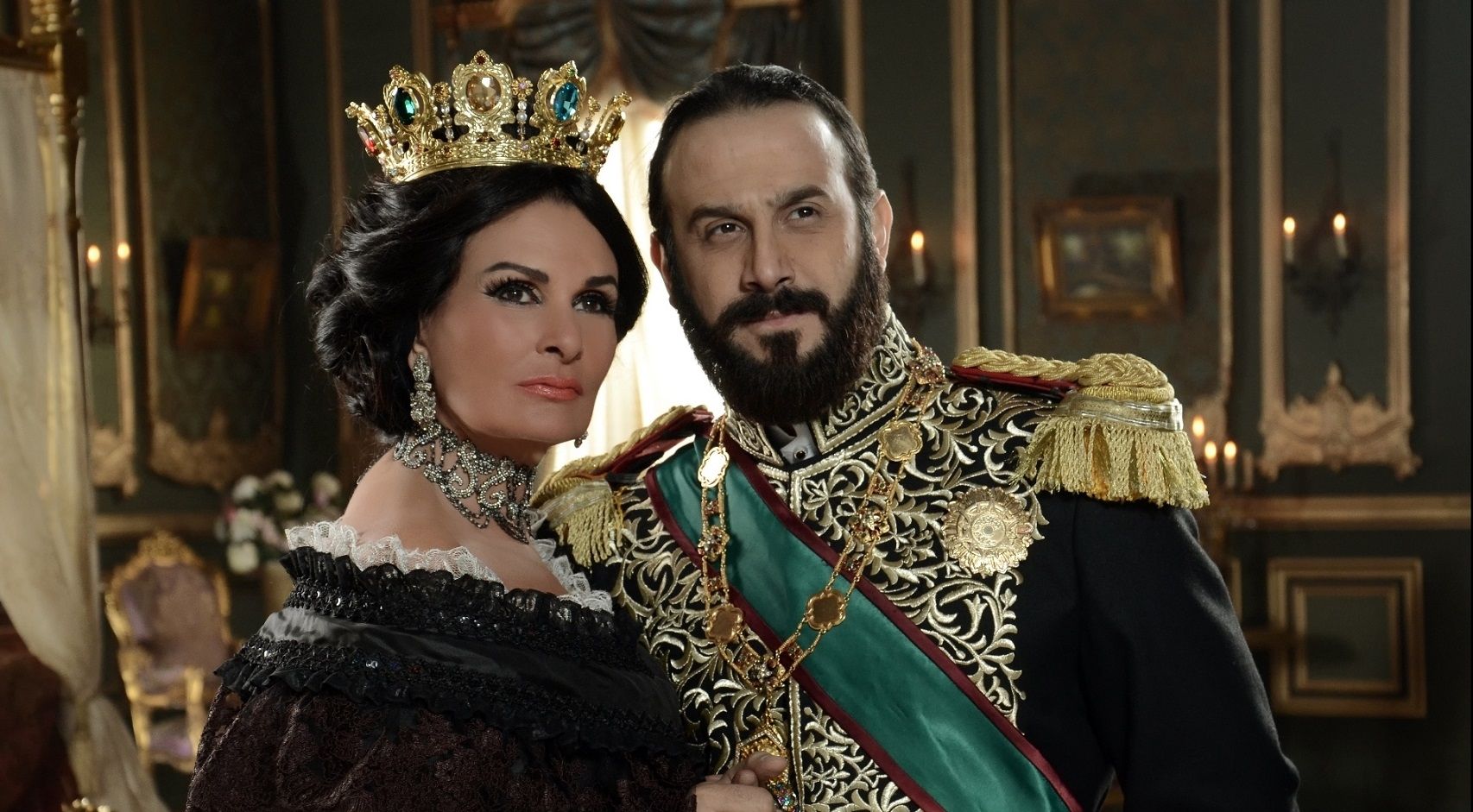
Saraya Abdeen is a lavish period drama set in the royal courts of Khedive Ismail. The series features women vying for the Khedive's attention, with their beauty and fashion playing crucial roles in their quests for power. Its extravagant gowns and opulent settings have made it a favourite among fans of period dramas.
Grand Hotel
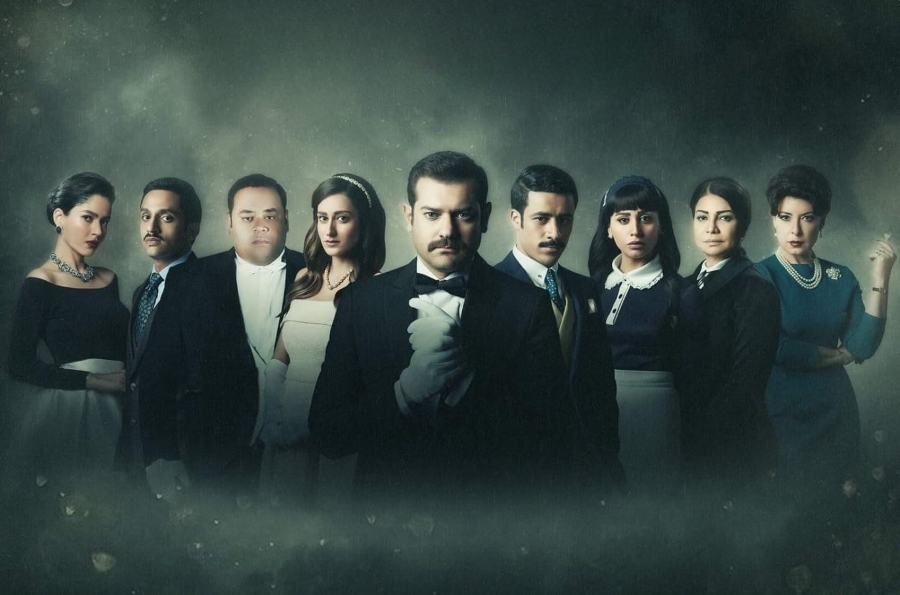
Grand Hotel has captivated audiences with its mystery and elegance. Set in the 1950s, the series follows Ali, a man searching for his missing sister, who worked as a maid in a luxurious hotel in Aswan. They used the Cataract Hotel in Aswan as a setting, which adds to the show's allure, with the hotel's magnificent décor and scenery providing the perfect backdrop for the unfolding drama.
Layali Eugenie
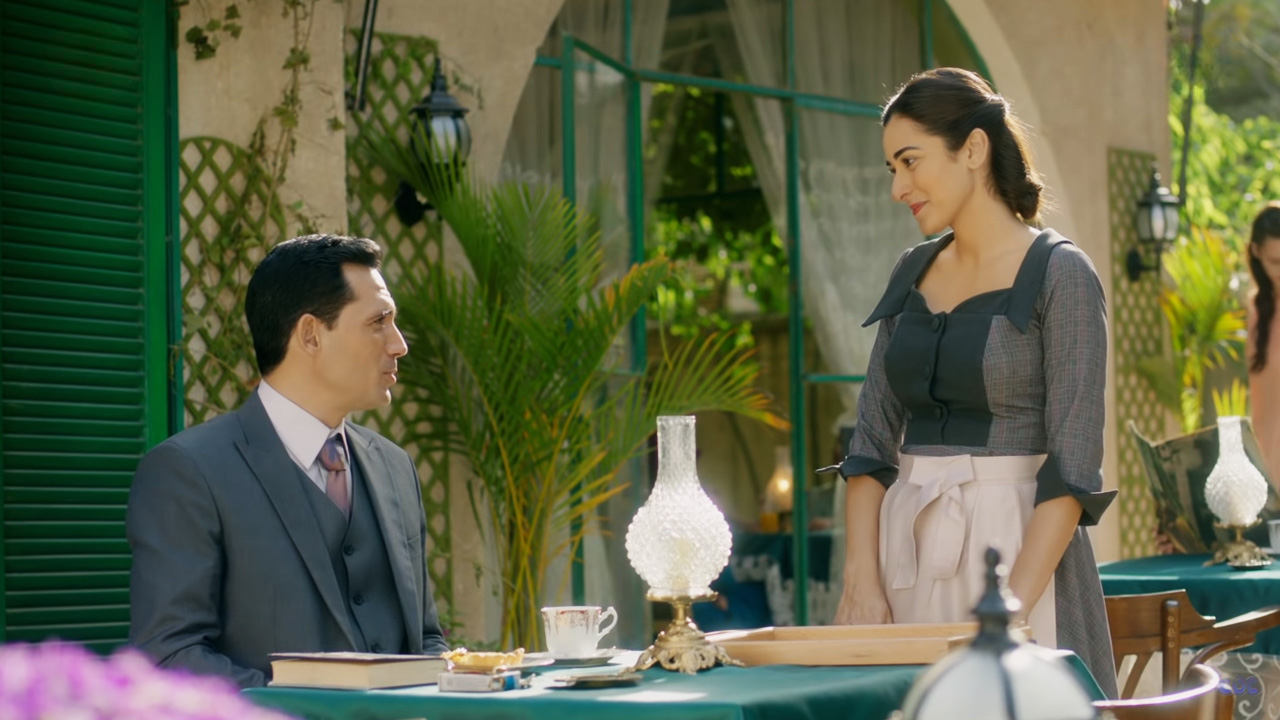
Layali Eugenie is an adaptation of the Spanish series Acacia, set in the 1940s. It follows the lives of Farid, who lives in Port Said with his Lebanese wife, Aida, and their daughter. The show's plot revolves around Farid's loveless marriage and the dramatic events that unfold when he meets Kariman, a woman fleeing her past. The Eugenie Theater, where much of the action takes place, adds an extra layer of authenticity to the show, making it a must-watch for fans of period dramas.

